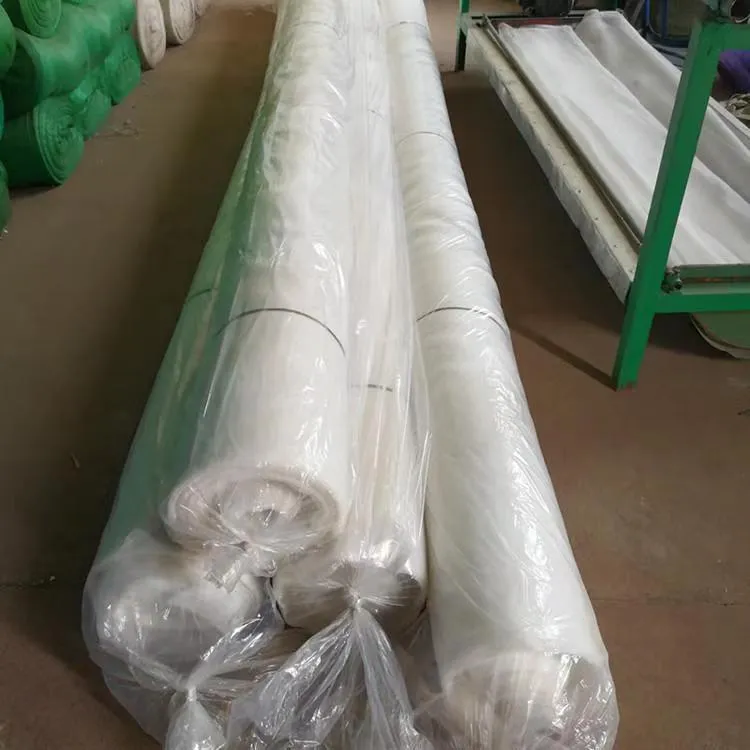-
 Afrikaans
Afrikaans -
 Albanian
Albanian -
 Amharic
Amharic -
 Arabic
Arabic -
 Armenian
Armenian -
 Azerbaijani
Azerbaijani -
 Basque
Basque -
 Belarusian
Belarusian -
 Bengali
Bengali -
 Bosnian
Bosnian -
 Bulgarian
Bulgarian -
 Catalan
Catalan -
 Cebuano
Cebuano -
 China
China -
 Corsican
Corsican -
 Croatian
Croatian -
 Czech
Czech -
 Danish
Danish -
 Dutch
Dutch -
 English
English -
 Esperanto
Esperanto -
 Estonian
Estonian -
 Finnish
Finnish -
 French
French -
 Frisian
Frisian -
 Galician
Galician -
 Georgian
Georgian -
 German
German -
 Greek
Greek -
 Gujarati
Gujarati -
 Haitian Creole
Haitian Creole -
 hausa
hausa -
 hawaiian
hawaiian -
 Hebrew
Hebrew -
 Hindi
Hindi -
 Miao
Miao -
 Hungarian
Hungarian -
 Icelandic
Icelandic -
 igbo
igbo -
 Indonesian
Indonesian -
 irish
irish -
 Italian
Italian -
 Japanese
Japanese -
 Javanese
Javanese -
 Kannada
Kannada -
 kazakh
kazakh -
 Khmer
Khmer -
 Rwandese
Rwandese -
 Korean
Korean -
 Kurdish
Kurdish -
 Kyrgyz
Kyrgyz -
 Lao
Lao -
 Latin
Latin -
 Latvian
Latvian -
 Lithuanian
Lithuanian -
 Luxembourgish
Luxembourgish -
 Macedonian
Macedonian -
 Malgashi
Malgashi -
 Malay
Malay -
 Malayalam
Malayalam -
 Maltese
Maltese -
 Maori
Maori -
 Marathi
Marathi -
 Mongolian
Mongolian -
 Myanmar
Myanmar -
 Nepali
Nepali -
 Norwegian
Norwegian -
 Norwegian
Norwegian -
 Occitan
Occitan -
 Pashto
Pashto -
 Persian
Persian -
 Polish
Polish -
 Portuguese
Portuguese -
 Punjabi
Punjabi -
 Romanian
Romanian -
 Russian
Russian -
 Samoan
Samoan -
 Scottish Gaelic
Scottish Gaelic -
 Serbian
Serbian -
 Sesotho
Sesotho -
 Shona
Shona -
 Sindhi
Sindhi -
 Sinhala
Sinhala -
 Slovak
Slovak -
 Slovenian
Slovenian -
 Somali
Somali -
 Spanish
Spanish -
 Sundanese
Sundanese -
 Swahili
Swahili -
 Swedish
Swedish -
 Tagalog
Tagalog -
 Tajik
Tajik -
 Tamil
Tamil -
 Tatar
Tatar -
 Telugu
Telugu -
 Thai
Thai -
 Turkish
Turkish -
 Turkmen
Turkmen -
 Ukrainian
Ukrainian -
 Urdu
Urdu -
 Uighur
Uighur -
 Uzbek
Uzbek -
 Vietnamese
Vietnamese -
 Welsh
Welsh -
 Bantu
Bantu -
 Yiddish
Yiddish -
 Yoruba
Yoruba -
 Zulu
Zulu
agricultural shade netting
The Importance of Agricultural Shade Netting
Agriculture has always been a pillar of human civilization, providing food and resources essential for survival. However, as climate change and environmental challenges become more pressing, innovative solutions are necessary to ensure the sustainability and productivity of agricultural practices. One such solution is agricultural shade netting, a versatile tool that is transforming the way farmers cultivate crops.
Agricultural shade netting is a lightweight fabric designed to provide shade to plants while allowing air and water to pass through. It is typically made from woven polyethylene, which offers durability and resistance to UV rays. The netting comes in various shading percentages, ranging from 30% to 90%, allowing farmers to choose the appropriate level of coverage based on their specific crop requirements and local climatic conditions.
One of the primary benefits of agricultural shade netting is its ability to protect sensitive crops from excessive sunlight and temperature fluctuations. In regions where intense sunlight can lead to sunburn or heat stress in plants, shade netting acts as a protective barrier. By reducing the sunlight that reaches the plants, shade netting helps maintain optimal growing conditions, which can significantly improve crop yield and quality. This is particularly advantageous for high-value crops such as fruits, vegetables, and flowers that are sensitive to harsh climatic conditions.
Moreover, agricultural shade netting plays a vital role in regulating microclimates within the farming environment. The shade provided by the netting lowers soil temperature and reduces evaporation rates, allowing the soil to retain moisture for longer periods. This is especially important in arid regions where water conservation is critical. By promoting moisture retention, shade netting reduces the need for frequent irrigation, ultimately lowering water consumption and contributing to more sustainable farming practices.
agricultural shade netting

In addition to temperature regulation and moisture conservation, shade netting also provides protection against pests and birds. Many pests are less likely to invade shaded areas, which reduces the reliance on chemical pesticides. Furthermore, the netting acts as a physical barrier against birds and other animals that may otherwise feast on crops, helping to preserve yield. This natural form of pest management appeals to environmentally conscious farmers looking to adopt sustainable practices.
Another significant advantage of agricultural shade netting is its ability to extend the growing season. By providing shade during the hottest months, farmers can cultivate crops that would otherwise be unable to survive in extreme heat. As a result, farmers can diversify their crop selection, leading to increased income potential and food security.
The implementation of agricultural shade netting is not only beneficial for farmers but also advantageous for the environment. By reducing the need for chemical pesticides and conserving water resources, shade netting contributes to more sustainable agricultural practices, which are crucial in the face of global climate challenges.
In conclusion, agricultural shade netting is an invaluable tool for modern farming. Its ability to protect crops from extreme weather conditions, conserve moisture, manage pests naturally, and extend growing seasons makes it a vital asset for farmers seeking sustainable solutions. As the agricultural industry continues to evolve, innovative practices like shade netting will play a crucial role in ensuring food security and promoting environmental stewardship. As we look to the future, embracing such technologies will be key to building resilient agricultural systems capable of withstanding the challenges of a changing climate.
-
Shipping Plastic Bags for Every NeedNewsJul.24,2025
-
Safety Netting: Your Shield in ConstructionNewsJul.24,2025
-
Plastic Mesh Netting for Everyday UseNewsJul.24,2025
-
Nylon Netting for Every UseNewsJul.24,2025
-
Mesh Breeder Box for Fish TanksNewsJul.24,2025
-
Expanded Steel Mesh Offers Durable VersatilityNewsJul.24,2025











